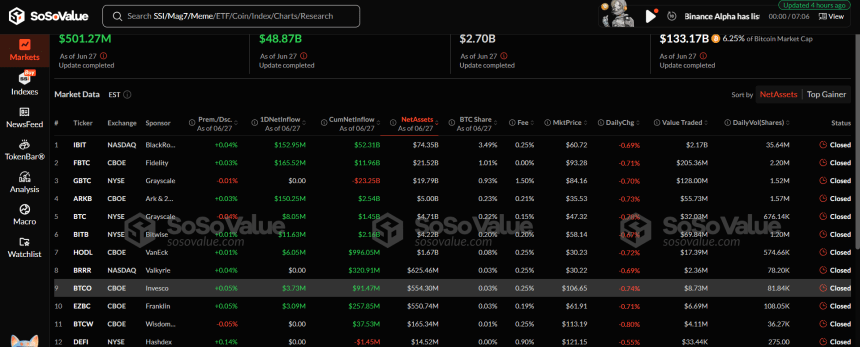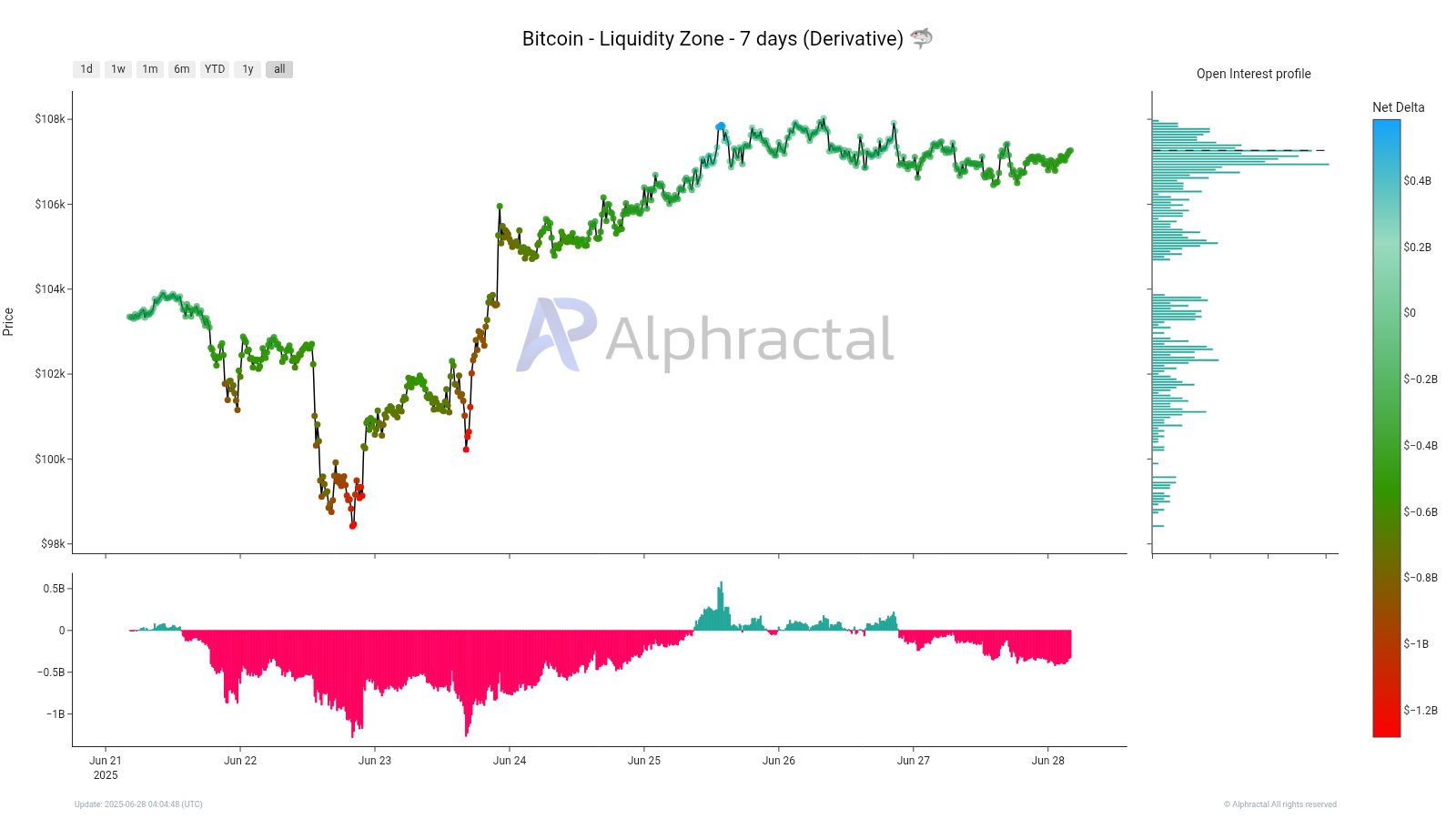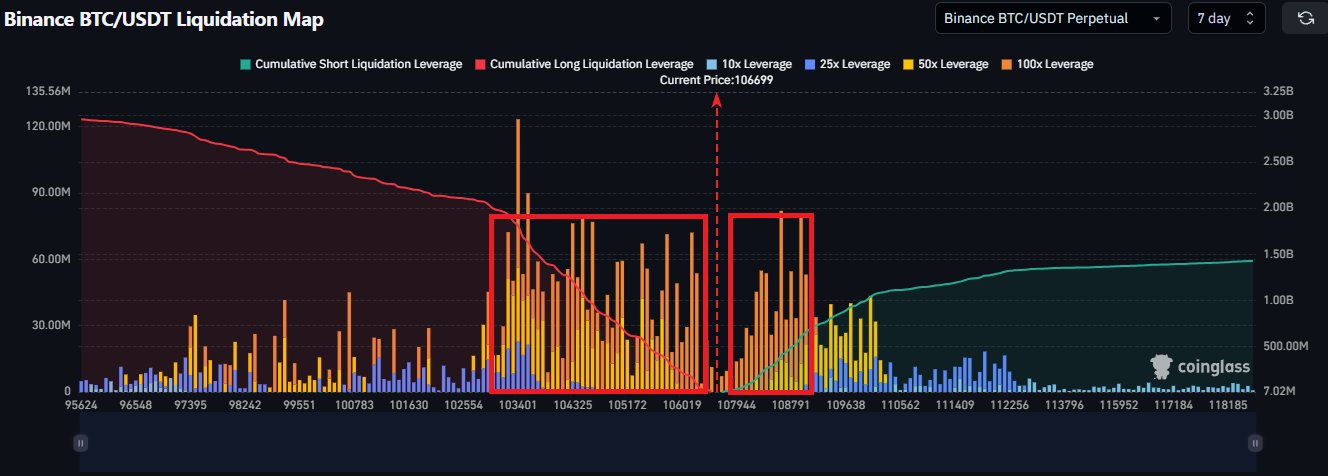
The centuries-old diamond industry is investing in a future that will see an extensive implementation of blockchain. This development has resulted from diamantaires and marketers taking note of the advantages of a decentralized financial infrastructure internet brought about with the distributed ledger technology, primarily its role in building consumer trust.
Companies big and small are keen to use secure technology to maintain transactions to offer more value to their consumers.
Blockchain provides commercial players a modern trading ecosystem to buy, sell, and ship goods with increased trust and reduced cost. It gives retailers the means and information required to trace a diamond’s journey to verify its sourcing to have been ethical. Lenders to the industry can carry on their business with more confidence on a blockchain network because of its transparency and authenticity of the people’s identity to whom they lend.
A blockchain network presents a single, immutable ledger that maintains a record of every transaction that takes place within a blockchain. The body of the collected information enables tracing a diamond’s journey through the value chain. The blockchain technology that underlies the diamond traceability platform has at its core an extremely secure digital register that serves as a tamper-proof and permanent log of commercial processes. In the case of a diamond or a set of diamonds, each transaction marks its change of hand from the mine to the cutters and polishers, then through the certifiers, retailers, and the end customer.
The digital ledger protects information relating to every transaction or event in a blockchain with complex encryption and advanced information security technology. This database includes details about the characteristics of the diamonds, their worth, previous owners, and each trade’s participants.
However, although the easy access network participants have to the database, data is accessible to those network members who hold the required private key to view the specified ledger entry. Therefore, when a participant stores their information onto a blockchain, the chance of their sensitive details leaking is practically nil.
A standard blockchain network in the diamond industry generally complies with the Kimberly Certified norms, Anti-money laundering (AML) regulations, and other notable regulations. For example, Diamante Blockchain Consortium adheres to the two mentioned above and the USA Patriot Act to mitigate the circulation of conflict diamonds and the generation of income by illegal means in the industry.
Distributed ledger technology, in a nutshell, increases trust in consumers by holding up ethical concerns. Being built on a distributed and immutable ledger eliminates the chance of tampering with the stored information. The heightened security also discourages illegal activity and encourages socially aware consumers to invest in the rare precious stones.




